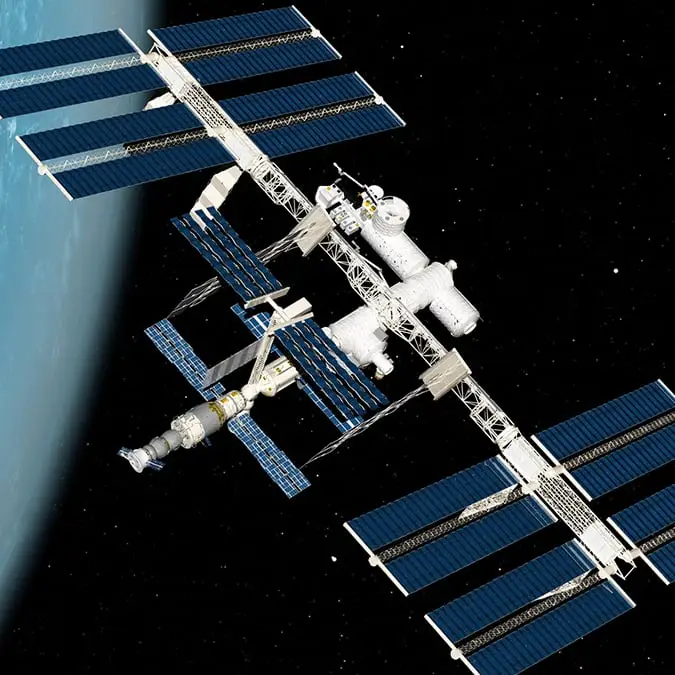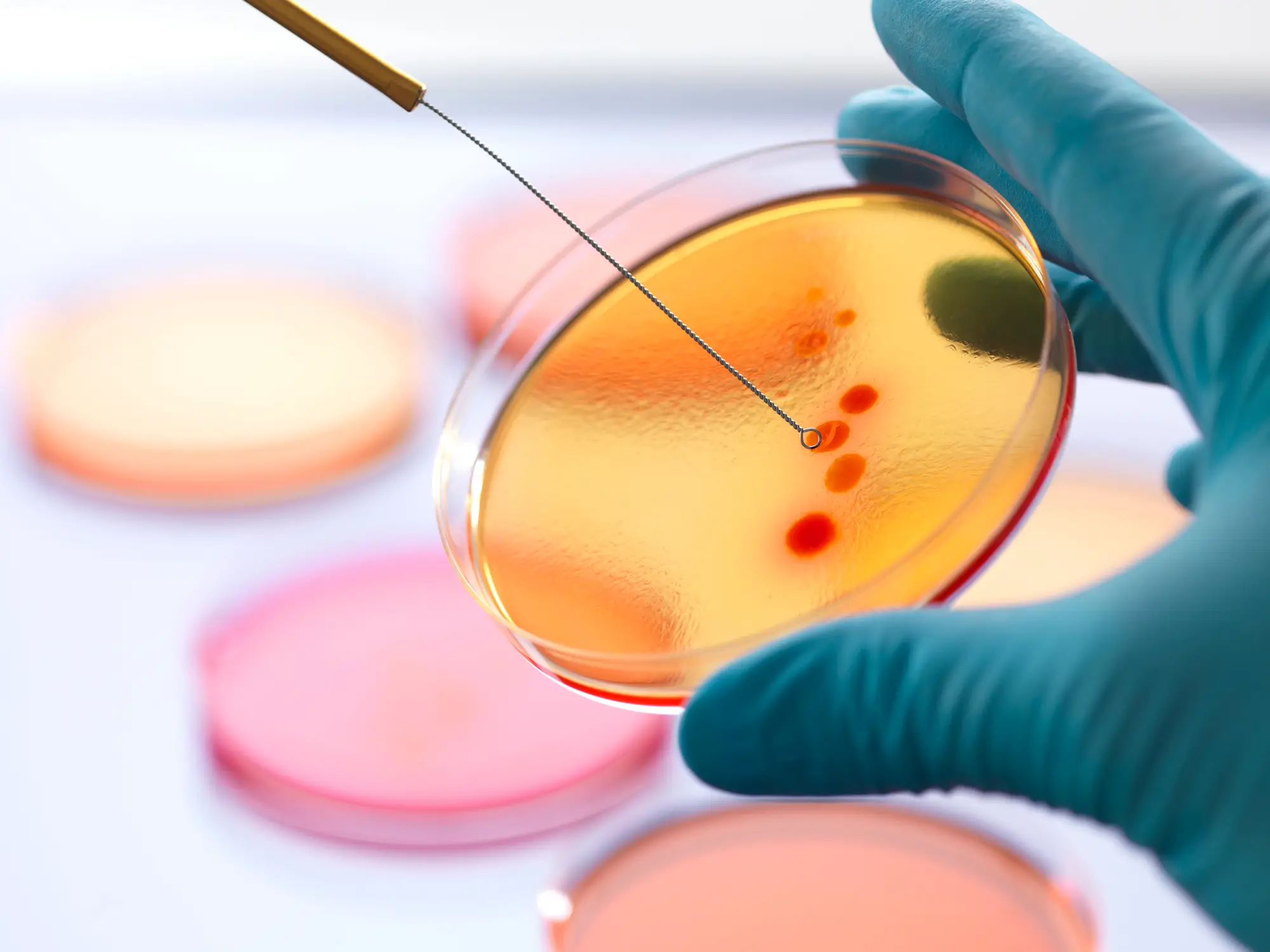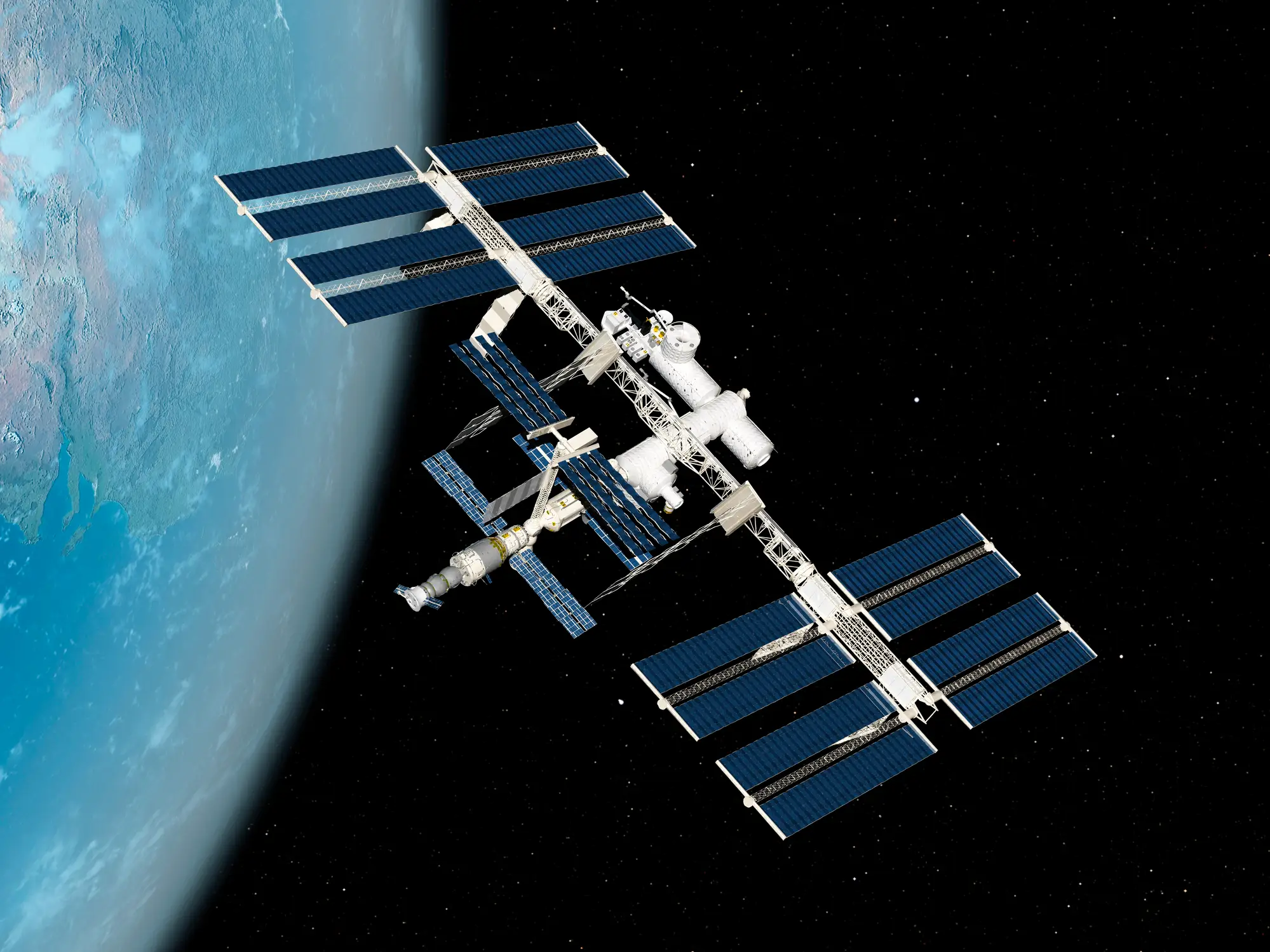
SpaceX has launched a disease-causing bacteria into the International Space Station.
Elon Musk’s firm blasted strains of bacteria that are involved in diseases such as E. Coli and Salmonella into space last Friday (August 1).
And it turns out that there is a very good reason for it.
The bacteria will be studied as it grows onboard the ISS inside a laboratory in space.
Advert
This is part of a study from scientists at the Sheba Medical Center in Israel along with US-based space tech company SpaceTango, which aims to analyze how microgravity affects the growth of certain bacterial species that cause diseases in humans.
The bacteria that grows under microgravity will then be frozen at minus 80 degrees celsius (minus 112 degrees fahrenheit).

These frozen samples will be sent back down to Earth where they will be compared with the same bacteria that was grown on the ground.
This will allow experts to see the differences in how bacteria changes when exposed to conditions above our atmosphere.
This isn’t the first time that scientists have studied how gravity - and a lack of - impacts the growth of bacteria.
In fact, research from NASA is already in progress to study the way bacteria grows in space.
However, this study in particular has the aim of learning more on how to stop the spread of infectious diseases.
In a statement about the study, Professor Ohad Gal-Mor, who is the head of the Infectious Diseases Research Laboratory at Sheba Medical Center, said: “We know that space conditions affect bacterial behavior, including how they grow, express genes, and acquire traits like antibiotic resistance or virulence.

“This experiment will allow us, for the first time, to systematically and molecularly map how the genetic expression profile of several pathogenic bacteria changes in space.
“The insights we gain will augment our understanding of infectious disease risks in space travel, and also expand our knowledge of gene regulation and bacterial physiology in general.”
Professor Eyal Zimlichman, Chief Transformation, Innovation, and AI Officer, and Director of ARC at Sheba Medical Center, added: “To understand the limits of medicine, we sometimes need to go beyond the limits of Earth.
“Our experiment in space examines how bacterial behavior changes under extreme conditions and what that means for human health—not just for astronauts, but also here on Earth. This is part of ARC’s mission to shape the future of medicine, wherever it’s needed.”